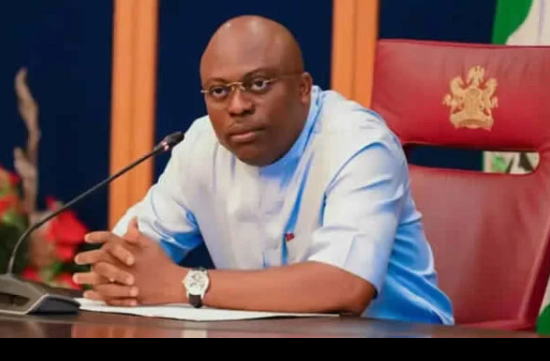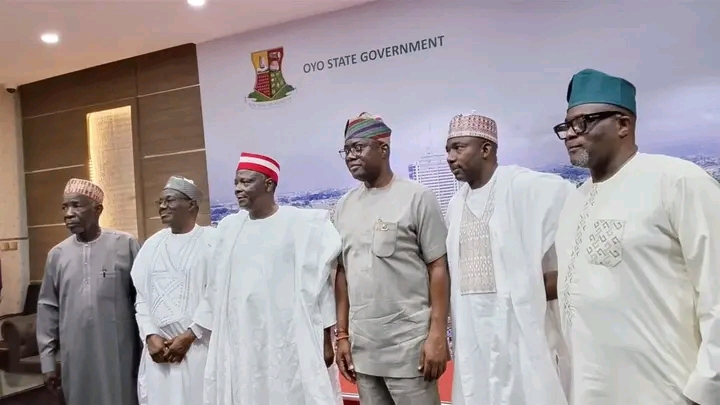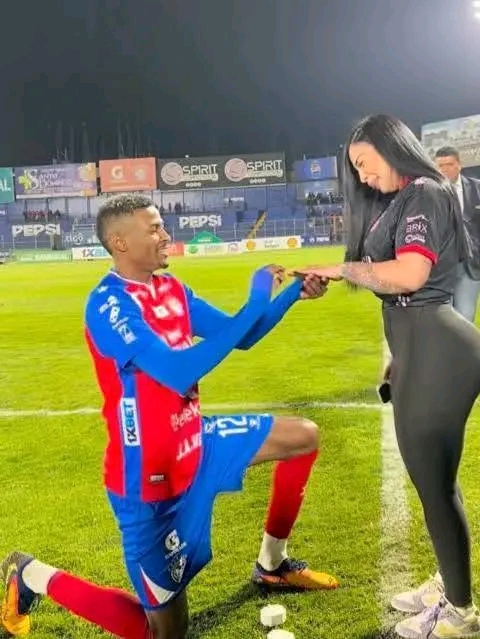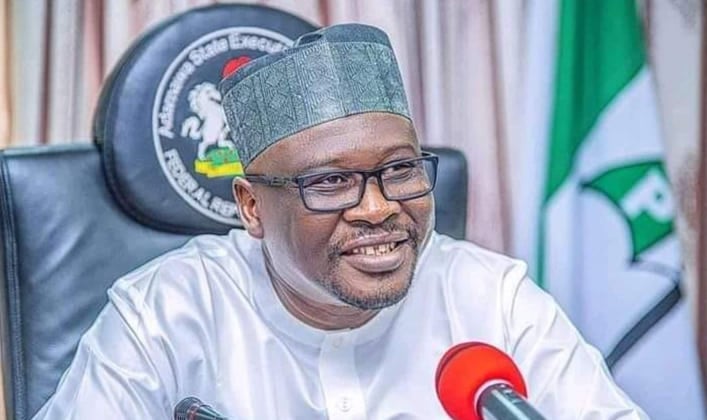The new kit for Ukraine’s football team, showing a map including Russian-annexed Crimea, has provoked anger in Moscow.
Ukraine unveiled its shirt for Euro 2020, emblazoned with its borders including Crimea and the slogan “Glory to Ukraine!”
Russia annexed the Crimean peninsula from Ukraine in 2014, and considers it a part of its territory, something rejected internationally.
In a statement to the BBC, European football’s governing body Uefa said: “The shirt of the Ukrainian national team (and of all other teams) for Uefa Euro 2020 has been approved by Uefa, in accordance with the applicable equipment regulations.”

The head of the Ukrainian football association, Andriy Pavelko, revealed the kit in a video on his Facebook page on Sunday, days before the European Championship kicks off.
The front of the yellow shirt shows the contours of Ukraine in white, including Crimea and the pro-Russian separatist-controlled regions of Donetsk and Luhansk.
A slogan on the back reads “Glory to Ukraine!” – a patriotic chant used as a rallying cry by protesters who forced out a pro-Moscow president, Viktor Yanukovych, in 2014.
“We believe that Ukraine’s silhouette will give strength to the players because they will fight for all of Ukraine,” Mr Pavelko said.
Another slogan – “Glory to the heroes!” – is stitched on the inside of the shirt collar.
Both it and “Glory to Ukraine!” are used as official military greetings in Ukraine.
The US embassy in Kyiv, Ukraine’s capital, tweeted “love the new look”, with a photo of the new kit.
The slogan inside the away shirt reads “Glory to the heroes!”
But Russian foreign ministry spokeswoman Maria Zakharova criticised the kits, saying the football team had “attached Ukraine’s territory to Russia’s Crimea”, creating the “illusion of the impossible”. She said the slogan was nationalistic and echoed a Nazi rallying cry.
Russian MP Dmitry Svishchev called the shirt “totally inappropriate” and urged Uefa to take action.
The tournament, postponed due to Covid-19, will run from 11 June to 11 July across 11 host cities, including Russia’s Saint Petersburg, which hosts a quarter-final. (BBC)
Advertisement







